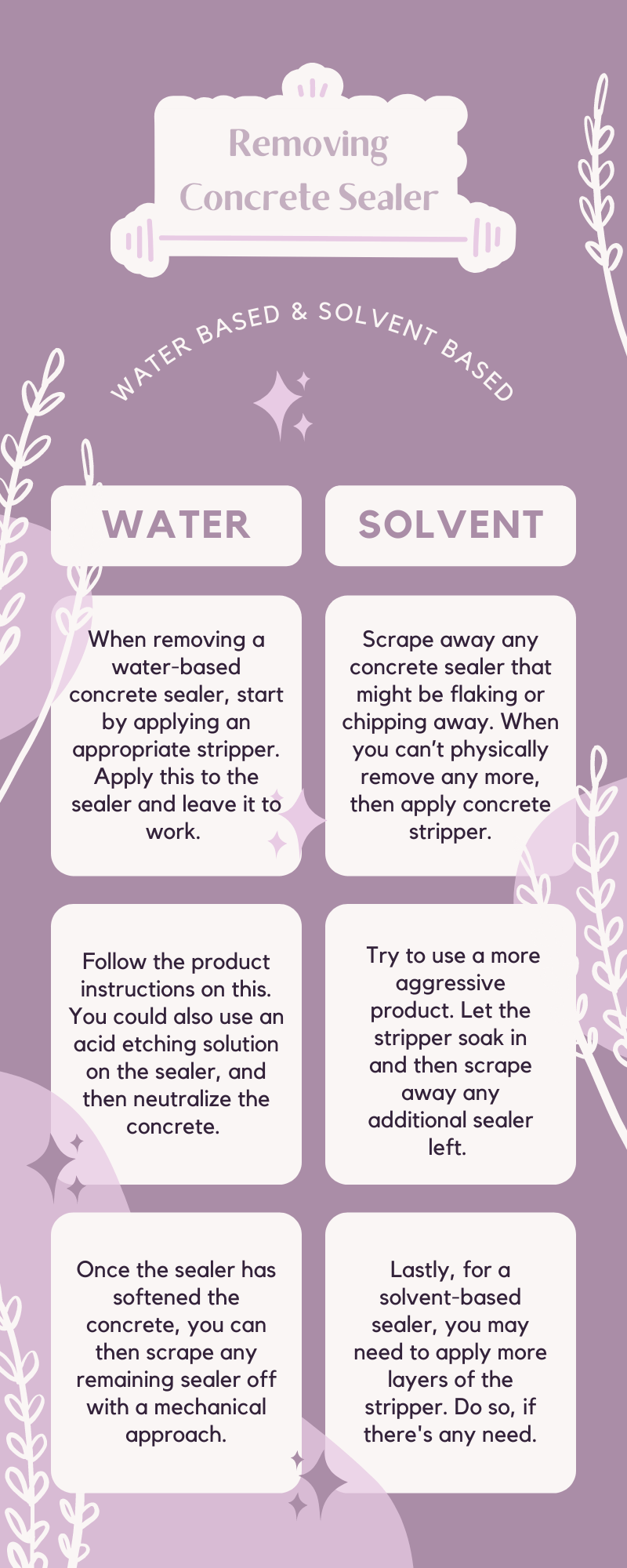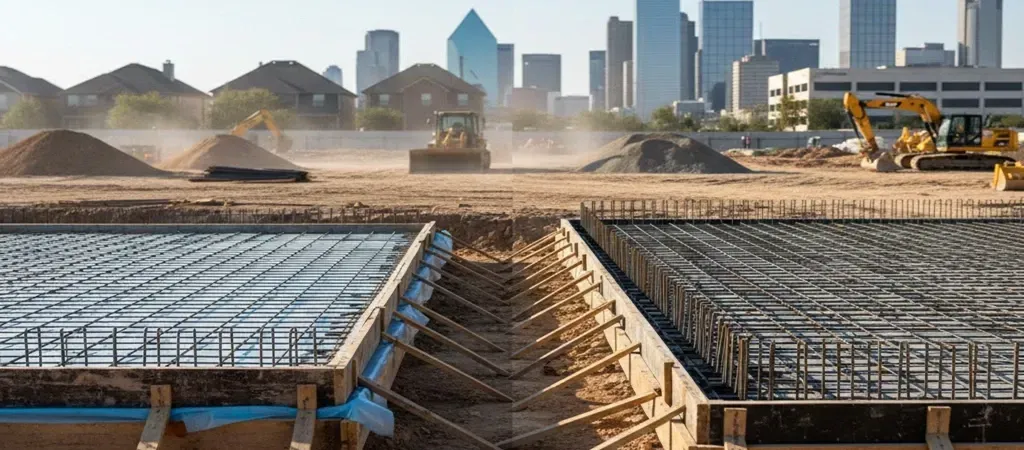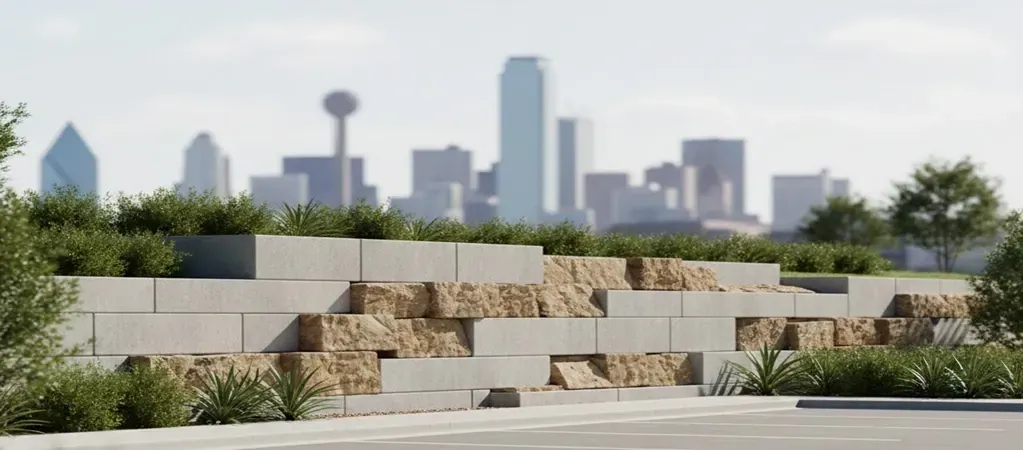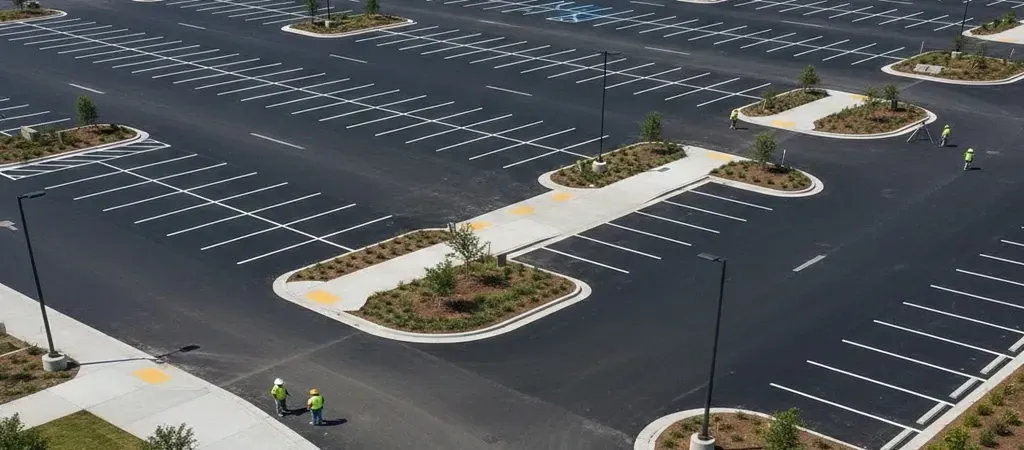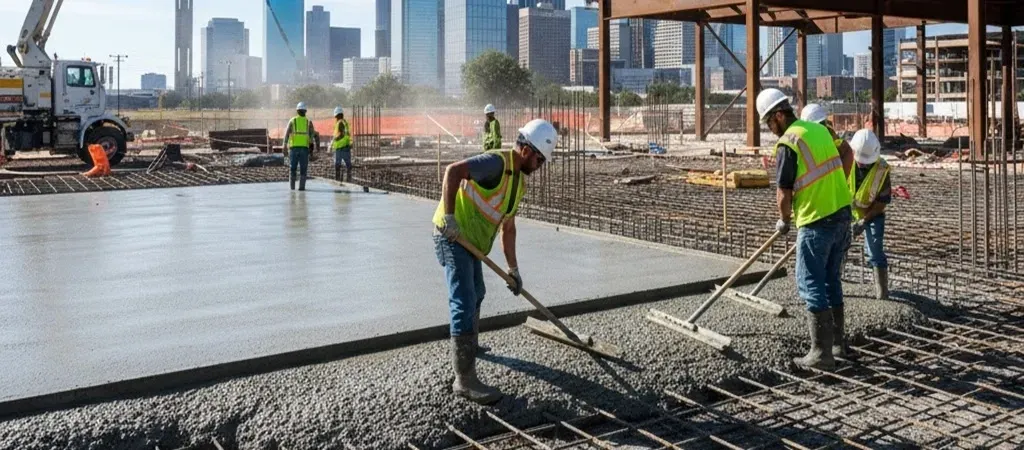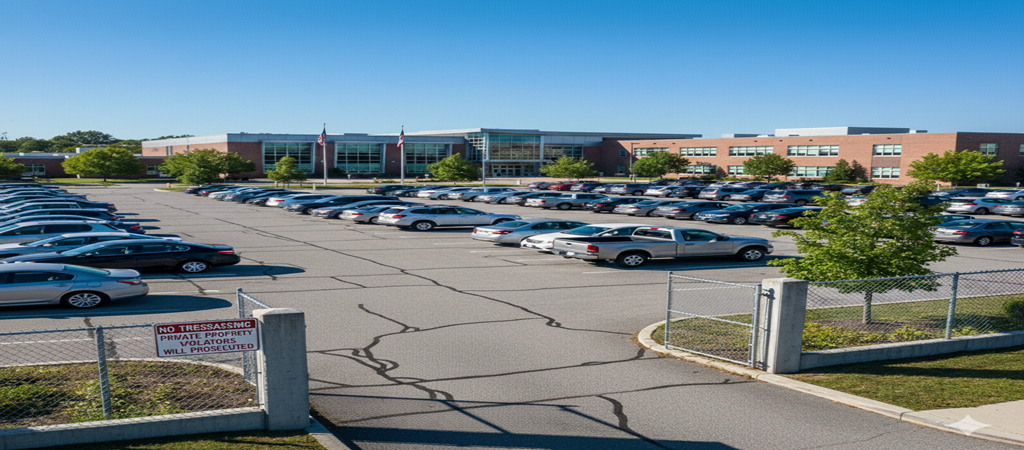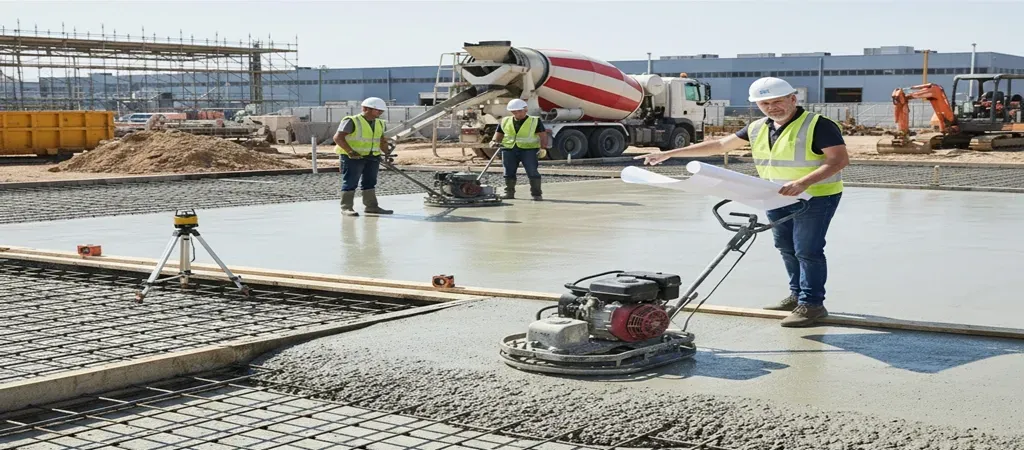Tips On Maintaining Concrete Health
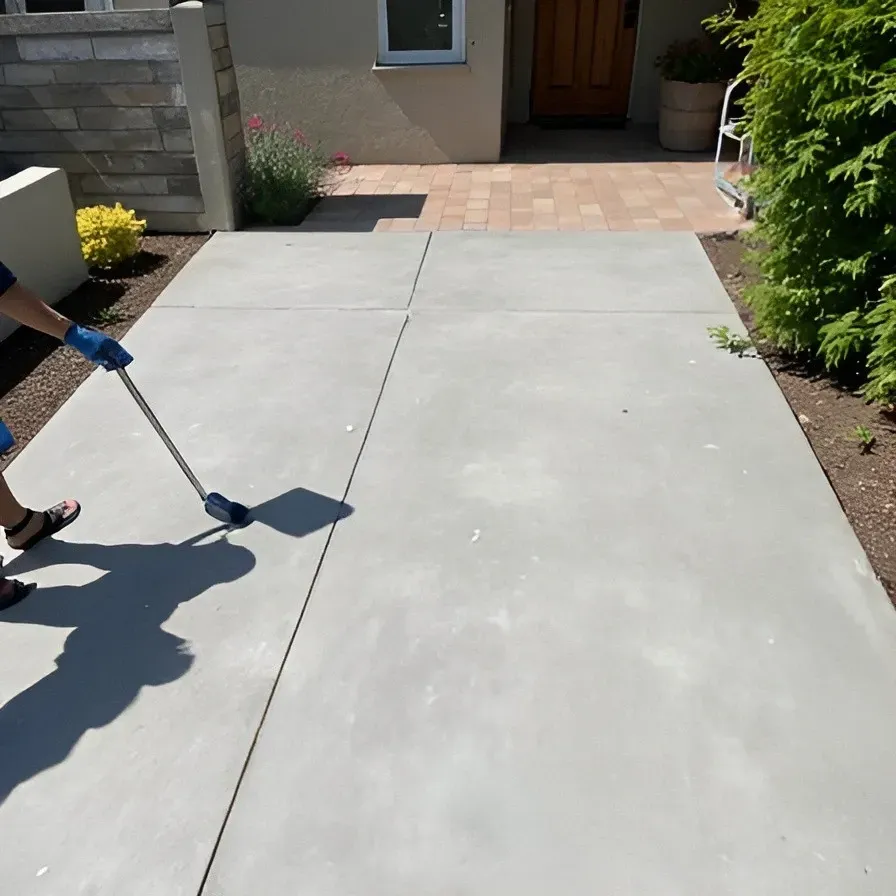
Concrete is among the best adaptable and durable building materials available, and it is excellent for a broad range of tasks, from simple home improvements to large commercial construction projects. Concrete can survive for many years without issue, but it can lose its shine if not properly cared for.
As concrete is a significant investment, it is essential to maintain it to avoid harm in the future. With appropriate care, sealing, a precast concrete wall, and routine maintenance, this investment can be protected for years.
So let's explore many of the basic things you can do to help keep your concrete in decent form for as much as possible. Following are some tips to maintain your concrete health:
- Clean and Reapply Sealer
- Don't let stains sit for too long
- Avoid using sharp objects on your concrete
- Limit your weight
- Don't use deicing chemicals
- Know your environment
- Keep checking cracks
- Apply fresh finish
- Keep Water Away
Clean & Reapply Sealer
If you really like your concrete to seem beautiful, keep it clean so that you can clean the trash or dust that gives it a nice appearance. So, aim to clean your concrete regularly and keep it sealed because these are the finest steps you can take to preserve your concrete looking new. Cleaning and resealing depend on the climate and weather conditions your concrete is faced with.
Check the infographic below on removing your old concrete sealer to reseal it.
On average, the concrete should be resealed every 2 years or if the finish starts to wear. Commercial concrete sealers are available in hardware and supply retailers. However, ensure to apply a seal that follows the builder's instructions.
Don't Let Stains Sit For Too Long
Washing your concrete is an excellent method of keeping it looking good, so responding with spills before they set is critical if you don't want your surface or driveway to get discolored. Oil, petrol, and grease can all cause unsightly stains if kept for far too long, so treat them with them right away rather than later. Although pressure washing your concrete may assist remove entrenched stains, it may still be difficult to completely remove certain tough stains.
Avoid Using Sharp Objects On Your Concrete
Visual damages such as scuffs and scratches will detract from the appearance of any concrete product, from driveways to flooring. This is especially irritating if your concrete surface is mostly artistic rather than structural; your kitchen renovation countertop may appear great at first, but if scratches and chips accrue, the attractiveness will rapidly disappear.
By minimizing the usage of sharp things on your concrete surface, you can simply eliminate both large and small scratches. When slicing meals on your concrete table, use a chopping board, and take additional caution with heavier items to avoid dropping them on your surface.
Limit Your Weight
Although concrete is formed of sturdy and robust elements, residential concrete is not intended to support tremendous heavyweights. For example, your driveway can be able to support the weight of a typical automobile. But, it is not designed to support big vehicles such as trucks or heavy equipment. To extend the longevity of your concrete driveway, keep such things away from it.
Don't Use Deicing Chemicals
When you utilize deicers on your concrete in the cold season, you will expose the surface to damage. Some chemicals include ammonium nitrate and ammonium sulfate, which are dangerous because they chemically degrade concrete. While sodium and calcium chloride are less toxic.
You should ignore using any deicer in the first few winters after they are installed since strong chemicals put the new concrete in danger. If needed, sand can be used to provide traction.
Know Your Environment
It is essential to understand your environment temperature; the concrete must withstand extreme temperatures in both summer and winter. Both snow and rain can cause harm if they remain on the concrete for an extended time.
Keep Checking Cracks
If something is discovered on the walls, floors, or slabs, it should be noted as soon as possible. Many of the holes could be slight and repairable by you. However, if you discover a wide nickel fracture, it is best to get an expert to fix it.
Apply Fresh Finish
When it comes to painting concrete, a smooth surface is essential. It must be well cleaned before adding the finishing top coat of paint and some other ornamental materials to your concrete.
Keep Water Away
The most harmful material to your concrete is no more than standing water. If water remains on concrete for an extended period of time and is unable to escape, it is able to create a stain or break on the floor. There are several approaches to dealing with the harmful impacts of stagnant water.
Make certain that when your contractor installs concrete, it is constructed in such a way that water cannot stand in any spot for an extended amount of time. There must be an inclined slope to aid in the discharge of water from the concrete surface. This allows you to divert water away from the surface, which is also beneficial for appropriate drainage. If you find any water on the surface or floor, clean it up or dry it immediately.
The Final Words
Some residents are unaware that their concrete requires sufficient care and upkeep. You should make an effort to maintain your concrete in order to keep it in good condition for an extended time. It is often believed that prevention is considerably superior to treatment. Keep these pointers in consideration when you clean and fix the concrete.
Although with the finest maintenance, you won't be able to prevent concrete problems indefinitely. You should not be afraid if you encounter such issues. You can instead contact the experts. They'll work promptly to repair and resurface your concrete, ensuring that it's in the greatest possible condition.
